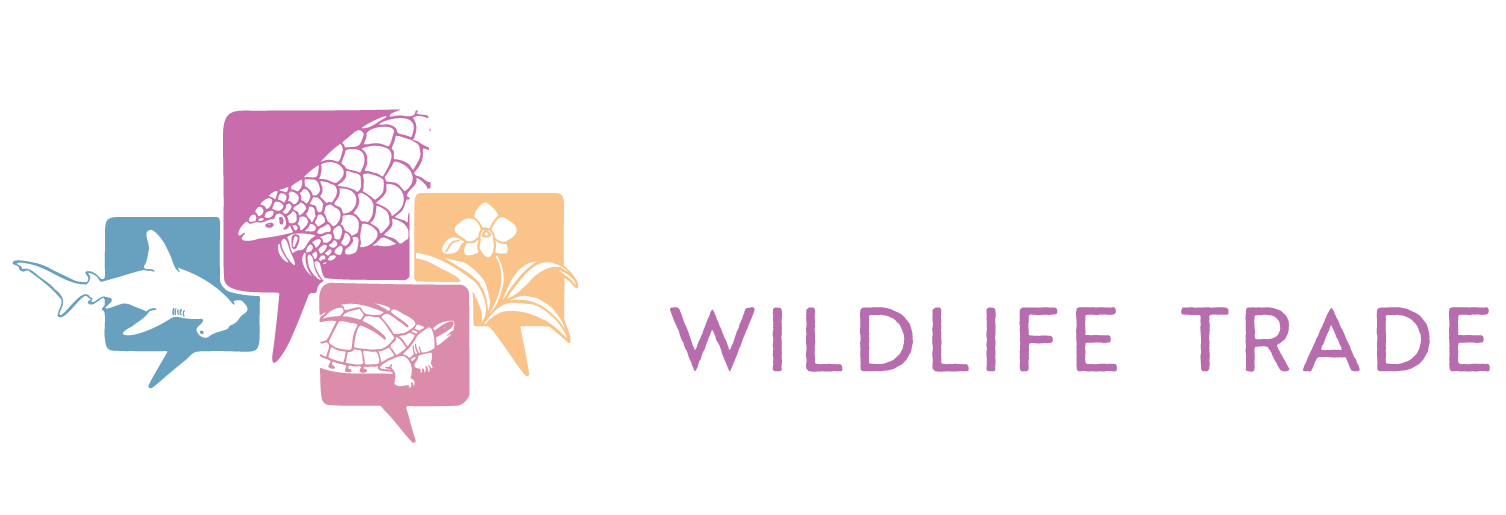Hong Kong SAR
Hong Kong Special Administrative Region lies to the south of mainland China in the sub-tropics. Although typically known for its tall skyscrapers, busy streets, and its high-flying financial and economic districts, Hong Kong is also a nature-lover’s wonderland. Surrounded by ocean and mountains, Hong Kong comprises ~40% parkland and 286 islands, with only 60% of Hong Kong’s land actually urbanised. This incredible landscape houses thousands of species, many vulnerable or endangered, including Hong Kong groupers, chinese pangolins, golden coin turtles, chinese agarwood, and yellow-crested cockatoos.
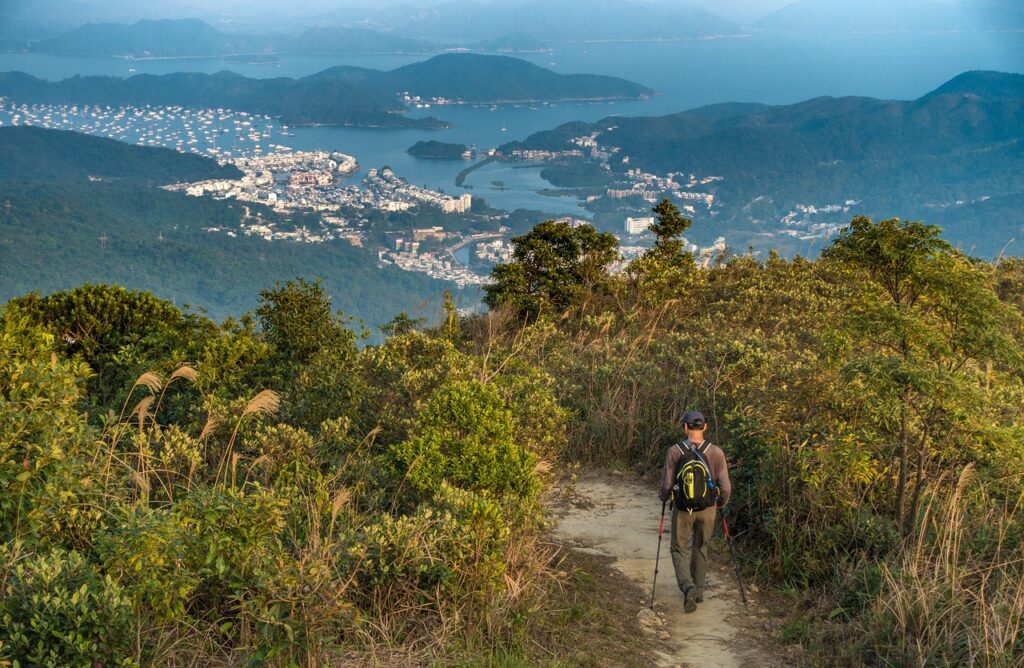
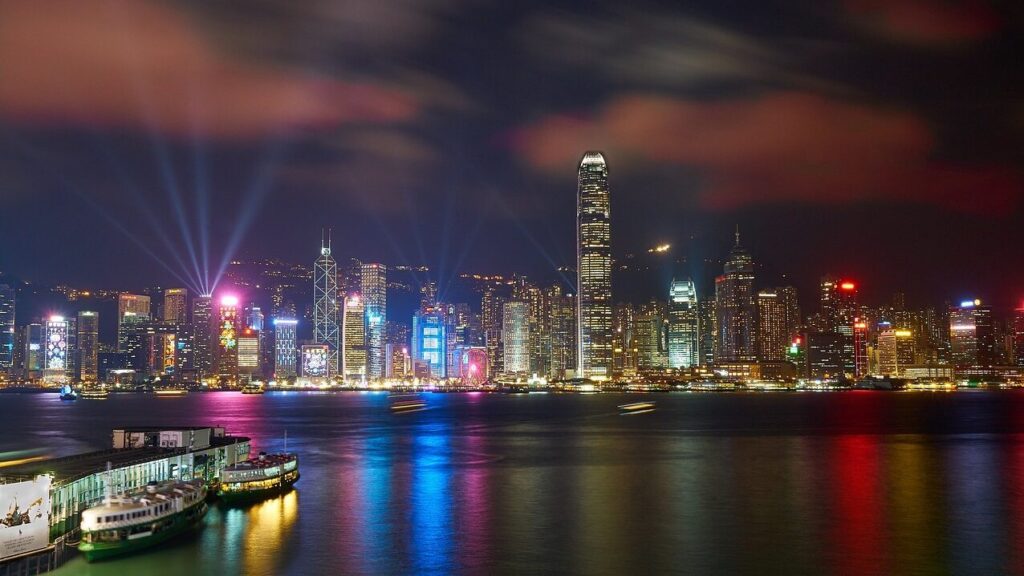
Venue
The conference will take place in Tai Kwun, Central, Hong Kong Island. We are planning to use Tai Kwun’s impressive ‘JC Cube’ and ‘F Hall Studio’ spaces to host the conference. Tai Kwun used to be the Former Central Police Station Compound, opened in 1925, it was recently restored in 2018 into one of Hong Kong’s most popular cultural and arts centres, hosting an array of fantastic conferences, workshops, and international art exhibits all year round. This highly competitive venue is perfectly located in the centre of Soho: one of Hong Kong’s busiest districts on Hong Kong Island. Our choice of the old colonial prison-cum-arts centre to host our event links our primary theme and vision for the conference: wildlife crime and our creativity-fuelled solutions to tackling it.
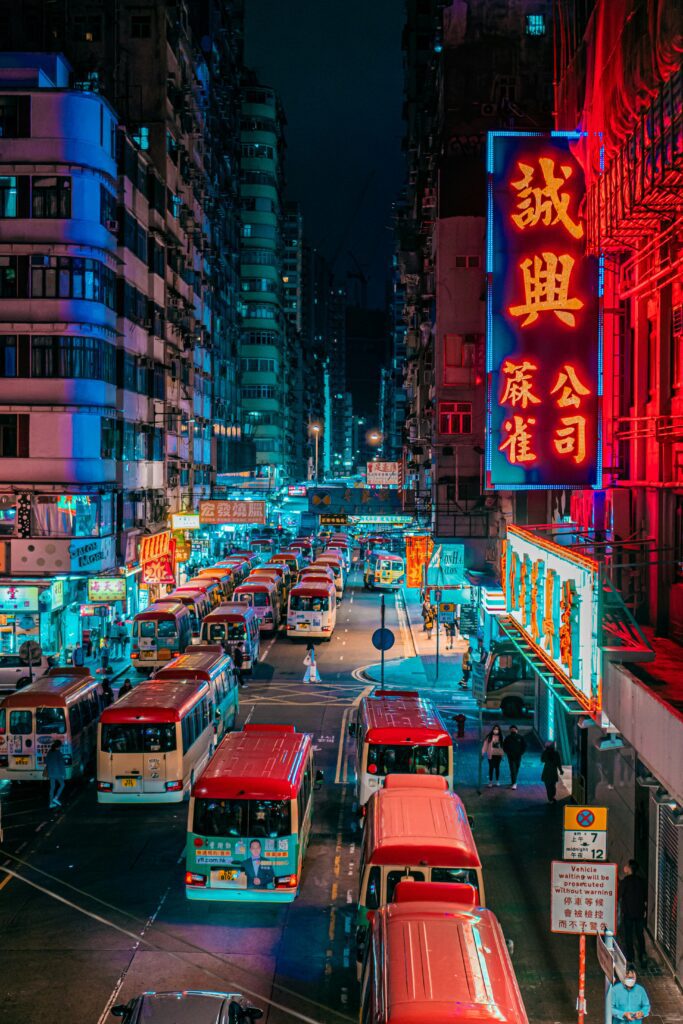
Travel
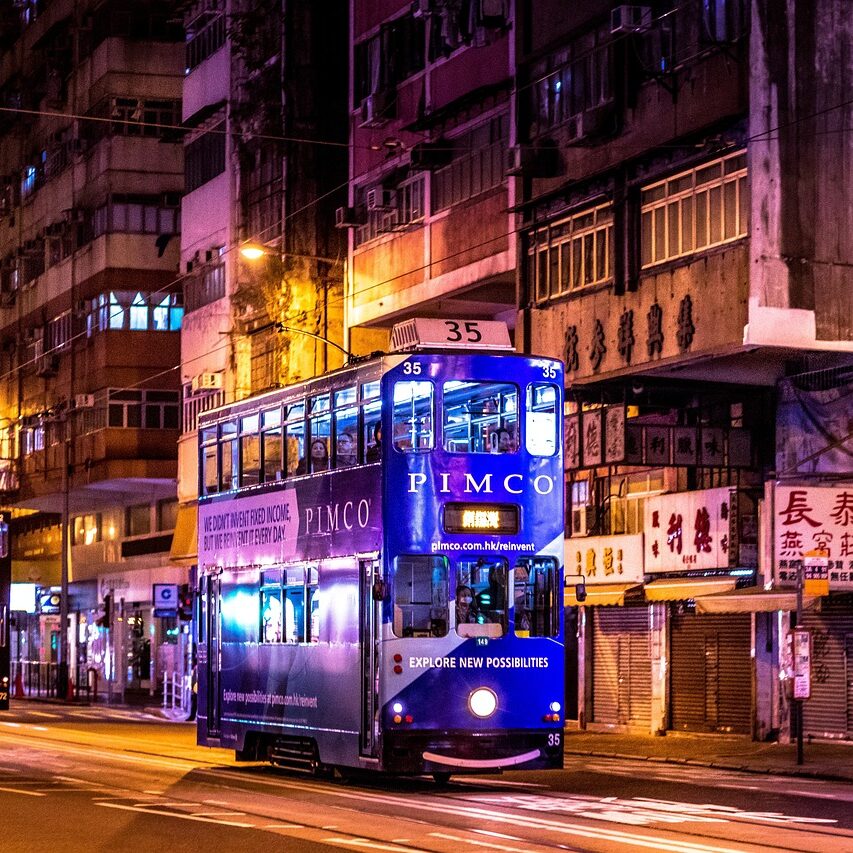
Getting to HK
You can get to Hong Kong either by land from mainland China, or the most common way for internationals: via the Hong Kong International Airport. Flights can be easily found on airline and travel agent websites. For more information for international travellers, please visit the HK immigration department website for visa requirements (under Part II).
Please visit this link for more information.
Travelling within HK
Hong Kong is well-known for its efficiency. This includes travel – with often multiple cheap options for getting from a to b. The most common modes of transport is the MTR (subway) and double-decker and mini-buses can be found all across the city. Hong Kong Island also provides the iconic tram service (founded in 1904) for HK$3/journey (~40 US cents) along its northern coastline, connecting most of the island’s city. The easiest way to pay for public transport is on an Octopus card, which can be picked up at the information desk at MTR stations for HK$150 (~$20 USD), and comes with a refundable HK$50 deposit.
Accomodation
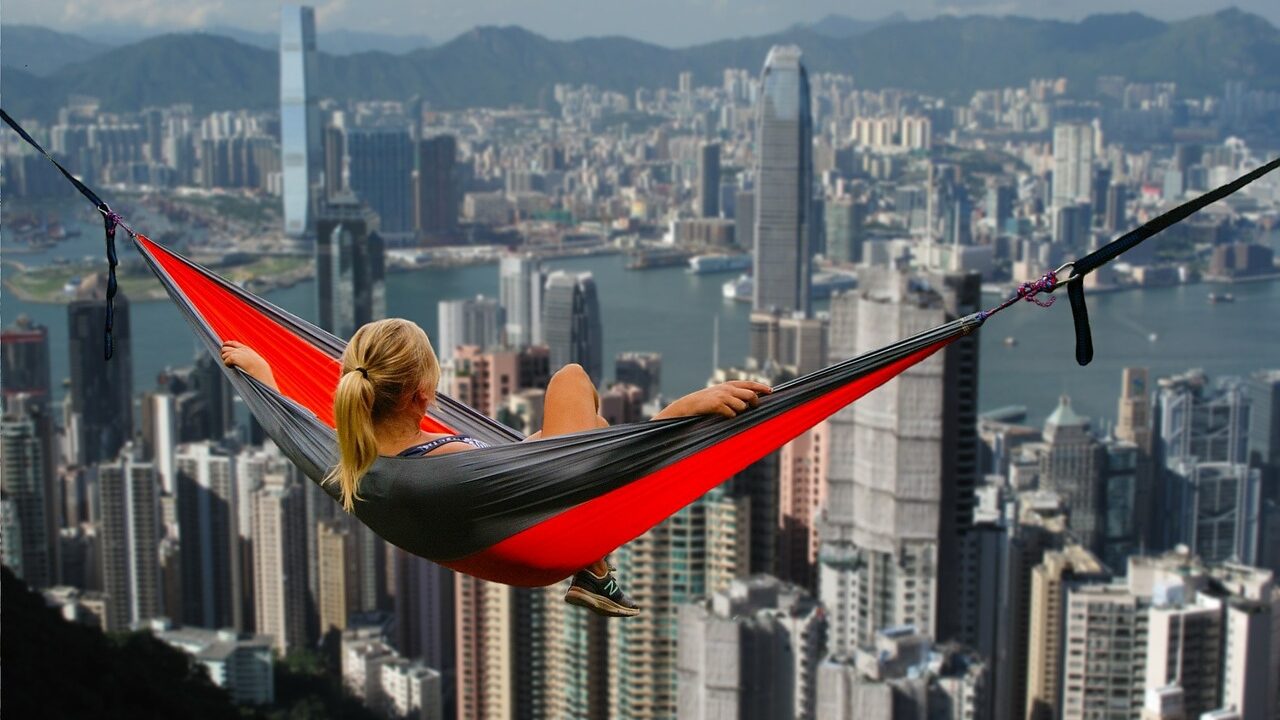
Hong Kong has a range of accommodation options from Airbnb’s on islands, to swanky hotels in the city. However, due to the dense nature of the city, accommodation is one of the most expensive things you’ll spend your money on while in Hong Kong. We recommend checking booking.com or agoda.com for your preferred dates. If you have any questions, please get in touch!
For international participants requiring bursaries with accommodation, we will be in touch individually.
Other things to know
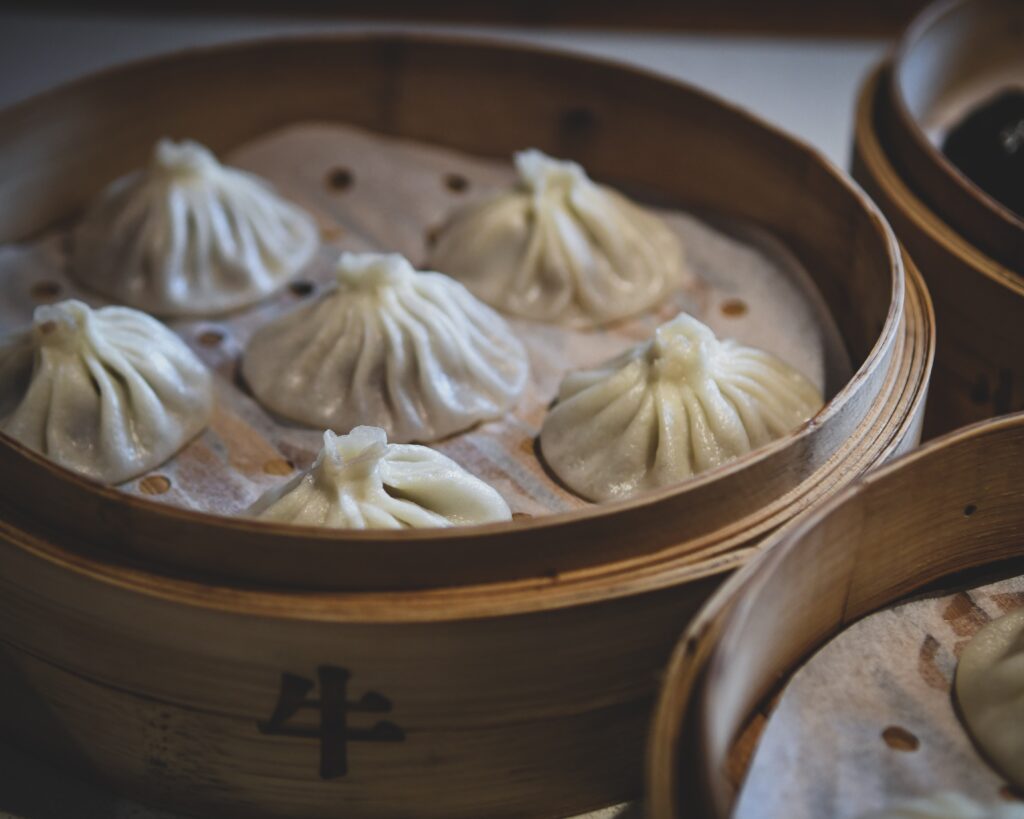
Common activities include hiking, exploring the beaches, walking along the water-front promenades, visiting the malls and museums, visiting Disneyland, Ocean Park, the Big Buddha via cable-car, and of course – trying the extensive cuisines available (a foodie’s paradise!). Here you can find more information about visiting Hong Kong:
What you should know before travelling to Hong Kong
Best things to do
Good deals
Must-try food
A guide to Hong Kong’s hikes

